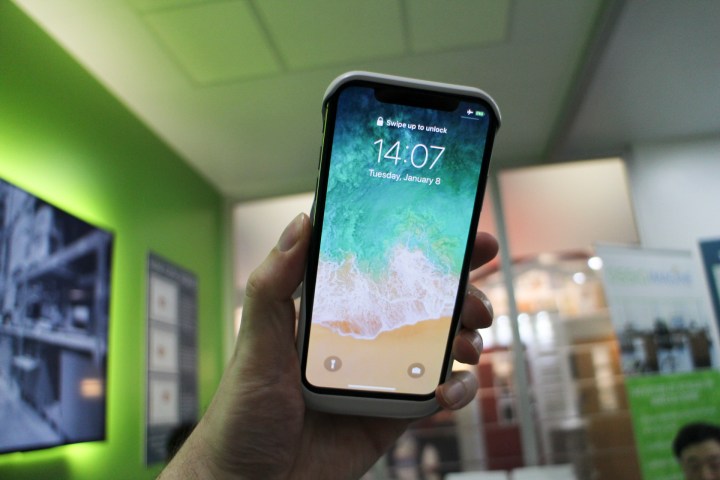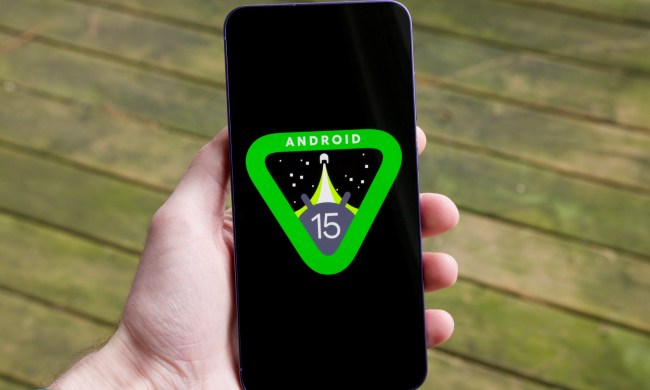
The idea of sending power wirelessly over a distance dates back to Nikola Tesla, who proved the concept more than a century ago, but it has been slow to develop. That could be about to change thanks to recent developments from Ossia. We wrote about Ossia’s forever battery at CES last year and we saw them at MWC, but at CES 2019 the company announced a partnership with case manufacturer Spigen to bring the technology to your phone case.
More CES 2019 coverage
- Our CES 2019 Hub: The latest news, hands-on reviews, and more
- Samsung uses CES to confirm that foldable phone is coming in 2019
- Samsung Galaxy S10 to launch February 20: Here’s everything we know
- Thousands of products show up at CES 2019. Here are the best of the best
Ossia has found a way to shrink down the transmitter and deliver more power, think of it like a Wi-Fi router, but for power. Spigen CEO Daeyoung Kim told Digital Trends that the company plans to design a new case range, initially for iPhones, but other models will follow and they will also design and sell a power transmitter with Ossia’s tech inside.
Since battery life continues to be the headline bugbear for smartphone owners, this could prove to be an important development. Ossia’s tech delivers a decent amount of power at close range and a trickle charge when you get further away. The receiver sends out a signal so the transmitter knows what path to send power on, which means it never gets fired at you. Ossia is working its way through Federal Communications Commission certification, but Ossia CEO Mario Obeidat told us that the process is progressing and they’re confident about securing approval in the near future.
Ossia has been forming partnerships with various companies, including Motherson which is looking to bring wireless charging to vehicles, but signing up with Spigen signals its intent to target smartphones.
We’re used to Qi wireless chargers and they’re great, but your phone has to be in contact with them. The idea of a power transmitter that can charge up your phone while it is on a table, or even while it’s in your pocket, is very exciting. On the downside, Ossia’s tech won’t deliver the kind of fast charging that you get from a regular plug-in charger or even a wireless charging pad, but it will be capable of topping up your phone and anything that helps the battery last a bit longer is potentially useful.
Kim, expects the design process and testing to take a while, so the target for a consumer product that you can actually buy is 2020. It’s too early for pricing, but Kim told us that they intend to make it affordable to reach as wide an audience as possible.




